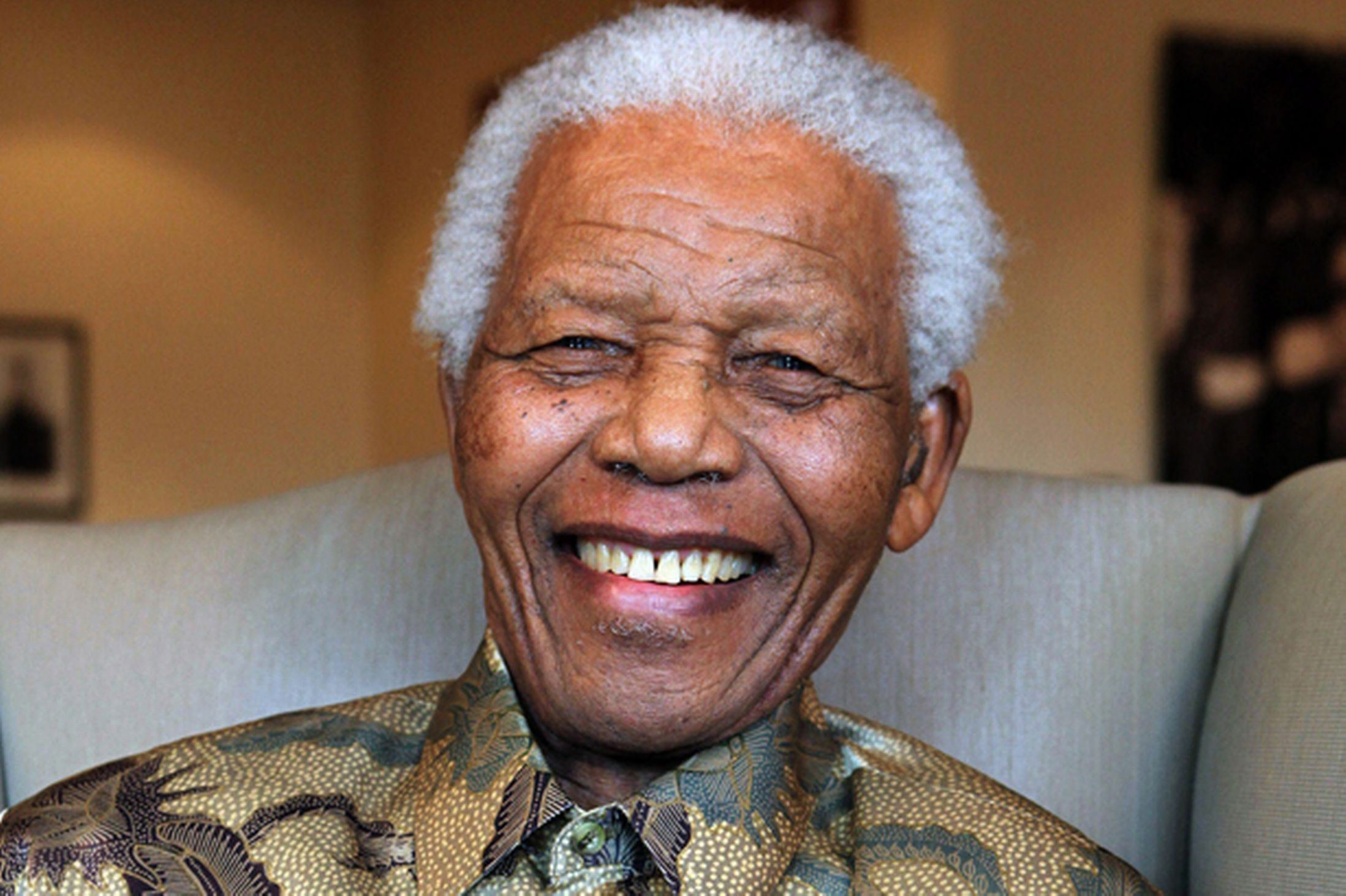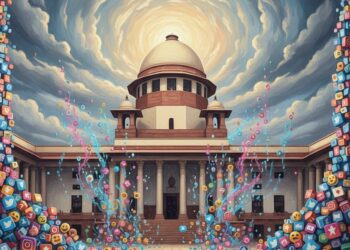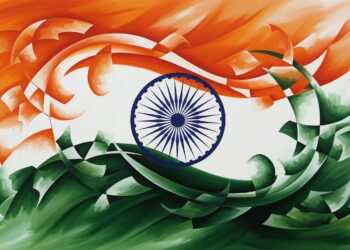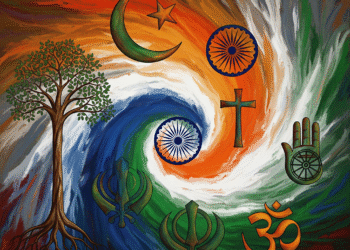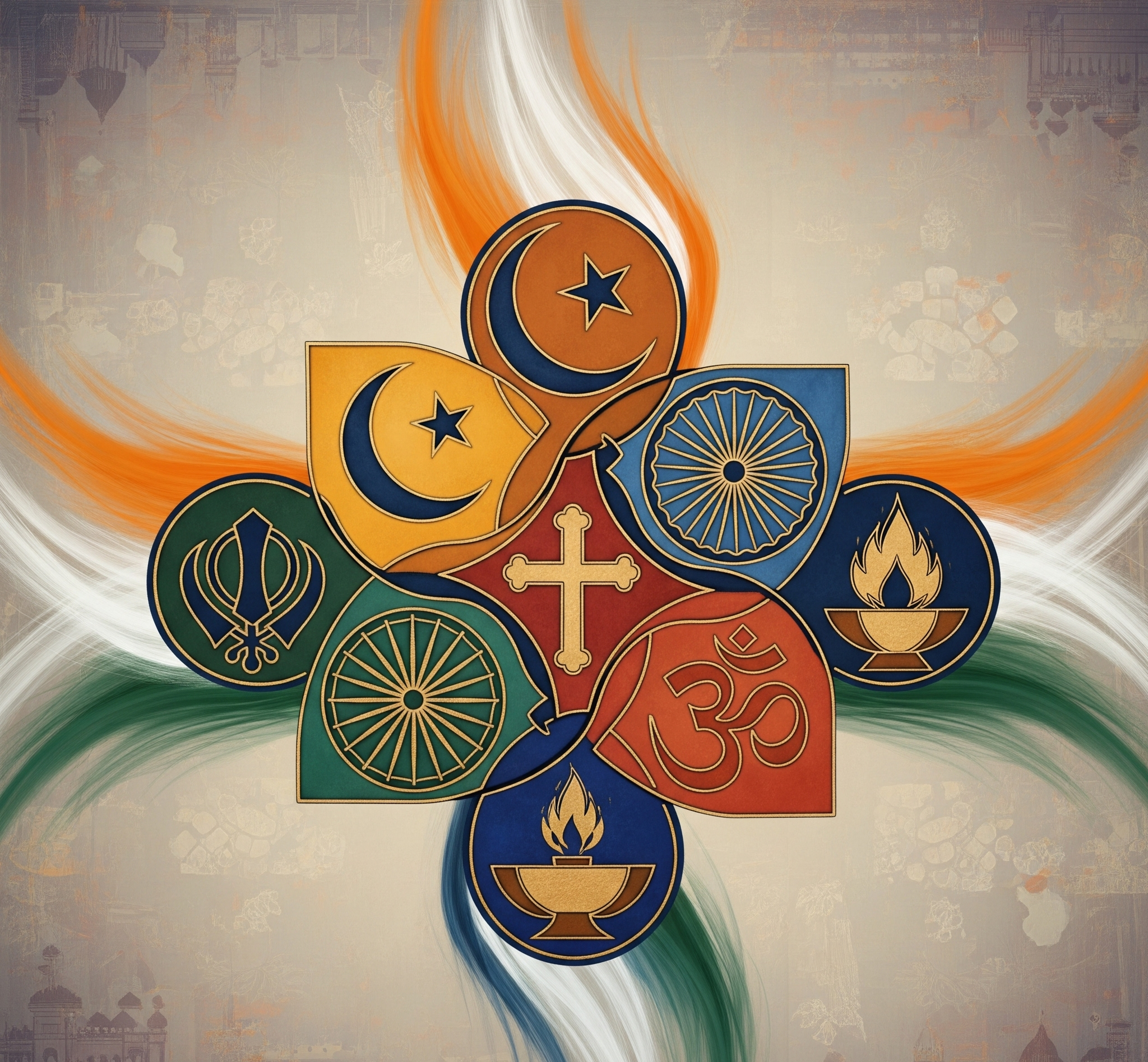Mandela, having been elected a member of the executive committee, ANC, Transvaal, forced the Regional President, C.S. Ramohanoe, to resign when the President went against the wishes of the Transvaal Executive Committee in cooperating with Indians and communists. When after the 1948 general elections, a racialist party came in power, and began practicing racial segregation openly through their policies, Mandela, having gained sufficient influence within the ANC, started advocating direct action through boycotts and strikes. Xuma was opposed to such aggressive tactics, as a consequence of which a no confidence motion unseated him with James Moroka replacing him. The new president was far more aggressive in approach.
Mandela’s influence grew further in ANC and he was elected national President of the ANCYL in 1950. During the ANC national conference held in December 1951, Mandela opposed a racially-united front, but later, after his stand was defeated by popular vote, he made the united front approach his own. Furthermore, his distrust of communism also gave way under the influence of friends such as Moses Kotane together with the support that Soviet Union lent to liberation movements. In April 1952, Mandela joined the H.M. Basner law firm, which meant that now he had even lesser time for his family with the legal work and the activist engagements claiming most of his waking hours.
His commitment to anti-apartheid movement remained undiluted and his activist activities landed him in jail on July 30, 1952 under the Suppression of Communism Act. He was suspended and a sentence of nine-month hard labour was slapped on him after he stood trial with 20 other accused. But that was not to be end of it, and Mandela was handed down a six-month ban from attending meetings or talking to more than one individual at a time in December the same year. This dealt a set back to Mandela’s political activities. On account of the ban, his speech called “No Easy Walk to Freedom”, the title of which came from a speech delivered by Jawaharlal Nehru’s speech, was read out at a Transvaal ANC meeting by Andrew Kunene in September 1953. The speech was an articulation of the plan of action in case ANC itself was banned.
Passing the qualifying examination Mandela became a full-fledged attorney and after working as an attorney for Terblanche and Briggish and Helman and Michel, opened his own law firm in partnership with Oliver Tambo in their joint name ‘Mandela and Tambo’. The Johannesburg-based law firm was then the only African law firm in the country, and was quite popular with the aggrieved Africans who suffered police brutality and desired justice. However, the firm did not find any favours with the authorities, who scrapped the firm’s office permit under the Group Areas Act, which necessitated relocation.
 The failed protests to prevent the demolition of Johannesburg’s all-black Sophiatown suburb in February 1955, in which Mandela participated, and the surrounding events made Mandela to start thinking about an armed struggle because by then he had started thinking of non-violent protests as a largely ineffective means of resistance.
The failed protests to prevent the demolition of Johannesburg’s all-black Sophiatown suburb in February 1955, in which Mandela participated, and the surrounding events made Mandela to start thinking about an armed struggle because by then he had started thinking of non-violent protests as a largely ineffective means of resistance.
On December 5, 1956, Mandela was placed under arrest together with much of ANC leadership and charged with “high treason” against the State. They were eventually granted bail in December 1956. Led by defence lawyer Vernon Berrangé, a legal defence was built, and the refutation of charges continued until the hearing was adjourned in September 1957 with Oswald Pirow appointed the new judge in January 1958, and the new judge ruled in February 1958 that there was “sufficient reason” for the defendants to stand trial for high treason in the Transvaal Supreme Court. A successful prosecution in the case could have potentially landed the defendants a death penalty. The formal trial in Pretoria began in August 1958. The defendants could manage to have three judges replaced and then one of the charges dropped as well. In November 1958, the prosecution re-formulated the charges withdrawing the earlier indictment, and accused the ANC leadership of committing high treason by advocating violent revolution. The defendants vehemently opposed the charges.
While the trial was in progress, the supporters of a militant approach with the ANC found the approach of the ANC leadership unsatisfactory and formed an independent group called Pan-African Congress (PAC) with Mandela’s friend Robert Subukwe as President. Later, in 1960, both the parties participated in the anti-pass movement against the laws that required the Africans to carry passes on their person at all times while they travelled and lived in areas marked out for the white populace. One of the demonstrations was fired upon by the police and the event was later named the “Sharpeville Massacre”. Mandela burned his pass publicly, and the Massacre sparked protests across South Africa forcing the government to press Martial Law into service. Mandela and other leaders were arrested on March 30, 1960 and both ANC and PAC were banned. The emergency was eventually lifted in August 1960, and, finally, on March 29, 1969, Mandela and others were found ‘Not Guilty’ in the “high treason” trial.
Immediately after the acquittal Mandela went underground and travelled the country in disguise for putting together and organizing the new cell structure of the ANC. A mass stay-at-home was called on May 29, and turned out to be successful. A warrant for Mandela’s arrest was issued. During this time Mandela also disclosed to a reporter that the anti-apartheid activists were all set to resort to violence through armed groups. Mandela managed to convince leader Albert Luthuli, who was otherwise opposed to violence, that resorting to violence was only efficacious way forward.
The Cuban Revolution in general and Fidel Castro’s 26th of July Movement in particular inspired Mandela to the extent of his co-founding Umkhonto we Sizwe , meaning “Spear of the Nation”, abbreviated to ‘MK’, with Sisulu and the communist Joe Slovo. Mandela not only co-founded the group but also took over as its Chairman though the group officially stood apart from the ANC. However, later it was recognized as ANC’s armed wing. The MK operated through a cell structure and worked to exert as much pressure as possible on the government by bombing key government structures and installations such as military set-ups, power plants, telephone lines during night hours so as to avoid civilian casualties. After operating covertly for some time, the MK announced its existence publicly by exploding 57 bombs on the Dingane’s Day (December 16) in 1961, and thereafter by mounting further attacks on the New Year’s Eve the same year.
Mandela was sent by the ANC as a delegate to the February 1962 Pan-African Freedom Movement for East, Central and Southern Africa (PAFMECSA). Mandela also travelled to Cairo, Egypt, and from there he went to Tunis, Tunisia, where President Habib Bourguiba gave him £5000 for weaponry. The next few stops for Mandela were Morocco, Mali, Guinea, Sierra Leone, Liberia and Senegal. He also received monetary assistance from Liberian President William Tubman and Guinean President Ahmed Sékou Touré. From Africa Mandela came to London, to meet the anti-apartheid activists, reporters and prominent leftist politicians there. Thereafter he returned to Ethiopia and began a six month course in guerrilla warfare, which was left unfinished after two months when he was called back to South Africa.

Mandela was finally arrested on August 5, 1962 near Howich when he was travelling by car with Cecil Williams. The hearing began a month later on October 15. Mandela was convicted and sentenced to a five-year imprisonment. Mandela was serving his sentence when the police raided Liliesleaf Farm on July 11, 1963, and discovered documents relating to the MK’s activities. Mandela had to stand the Rivonia Trial that began in Pretoria Supreme Court on October 9. Mandela and his associates were charged with sabotage and conspiring to violently overthrow the government. A conviction could have resulted in death penalty. The trial attracted international attention, but despite global calls for clemency, including a United Nations vote to cancel the trial, the trial went on. Mandela was convicted and sentenced to life imprisonment. He remained behind the bars serving the sentence until February 11, 1990, when he was finally released after the ban on ANC and other anti-apartheid organizations was lifted. Mandela went on to become the first black President of South Africa on May 10, 1994.
Originally written for and published in LAWYERS UPDATE in three parts as a part of ‘THE LAW AND THE CELEBRITIES‘ series in April 2013.

